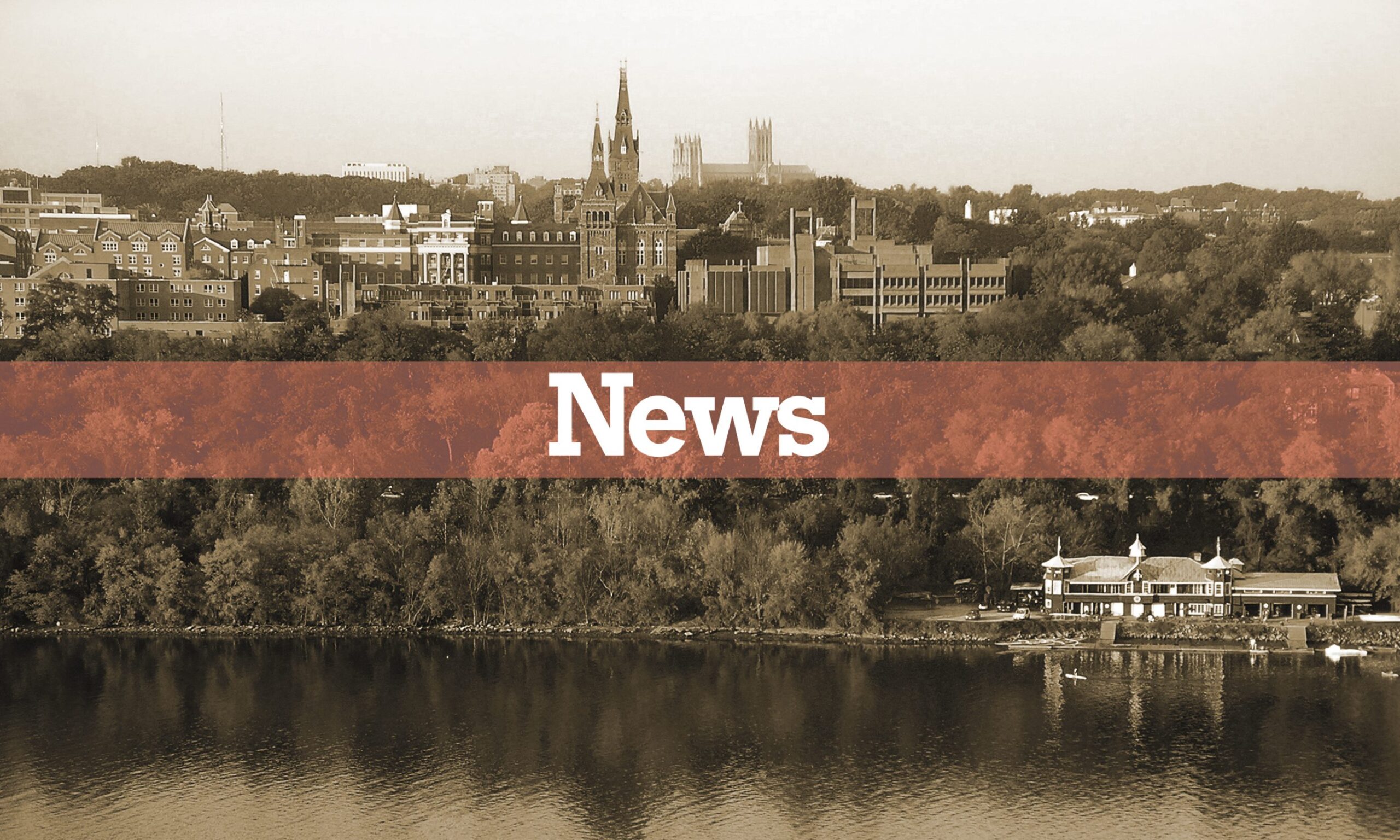Health Education Services and GUSA’s DC and Federal Relations Committee hosted a panel with activist and writer Kamilah Willingham, who appeared in the documentary The Hunting Ground, on April 18. The documentary, which premiered in 2015 at the Sundance film festival, details the incidence of college campus sexual assault nationwide. A screening of the film preceded the panel.
Saisha Mediratta (SFS ‘20), director of civic advocacy with the DC and Federal Relations Committee, said that she hoped the panel would bring Georgetown’s attention to broader issues of sexual assault on campus. She said it was difficult to create dialogue on sexual assault and misconduct.
“No one wants to talk about it, it’s just there,” she said. “And I think trying to make it almost digestible, for people that don’t usually have these conversations, has been [Title IX week’s] approach.”
Laura Cutway, the university’s Title IX coordinator, Jennifer Wiggins, sexual assault specialist with Health Education Services, and Marcy Karin, Director of the Legislation Clinic at University of the District of Columbia Law School, spoke alongside Willingham.
The event capped the DC and Federal Relations Committee’s Title IX Week, beginning April 9, meant to raise awareness of the U.S. Department of Education’s upcoming comment period for federal sexual assault policy. Members of the committee tabled throughout the week in Red Square, giving out flyers and talking with students.
The Department of Education released plans in September 2017 to replace Obama-era guidelines on campus sexual assault, but said it would first launch a public comment process this spring. The comment period allows individuals to submit critiques on the policy before the official guidelines are released. Title IX Week organizers hoped to push student involvement in this process.
“The scary thing is that once the legislation has gone through a comment process like this, it’s very, very hard to change,” said Mediratta. “This is kind of a critical time.”
Cutway wrote in an email to the Voice that because the university receives federal funding, it must comply with any future changes to Title IX. “If community members are concerned with requirements that could be contained in the new regulation, this is the time to voice those concerns,” Cutway wrote.
Activists nationwide have expressed concerns that the changes proposed by the new administration will make it more difficult to hold perpetrators accountable for sexual assault.
Wiggins is concerned by the Trump administration’s plans for Title IX. “The potential changes open the door for less survivor-centric processes, potentially higher burdens of proof, and continued marginalization of transgender students,” she wrote in an email to the Voice.
Chas Newman (MSB ‘18), who worked with Mediratta to organize Title IX week, said that he hoped to see student action as a result of the events.
“There is this sense that [Title IX] is not going to affect us or we can’t make a change, and that’s just so frustrating because it will,” he said. “People really do need to engage. We have a responsibility to each other, I think, to say what kind of school we want to live in.






